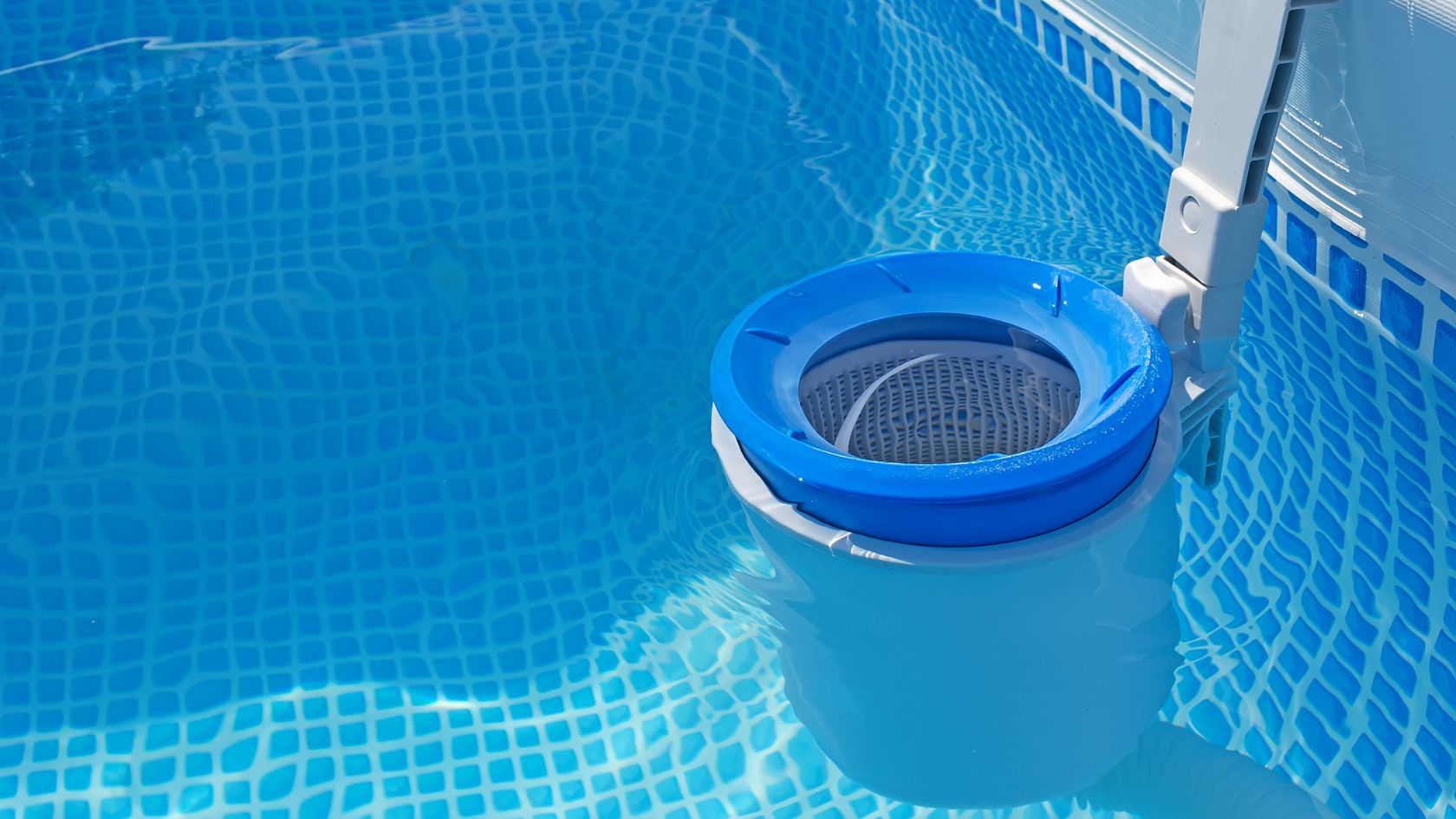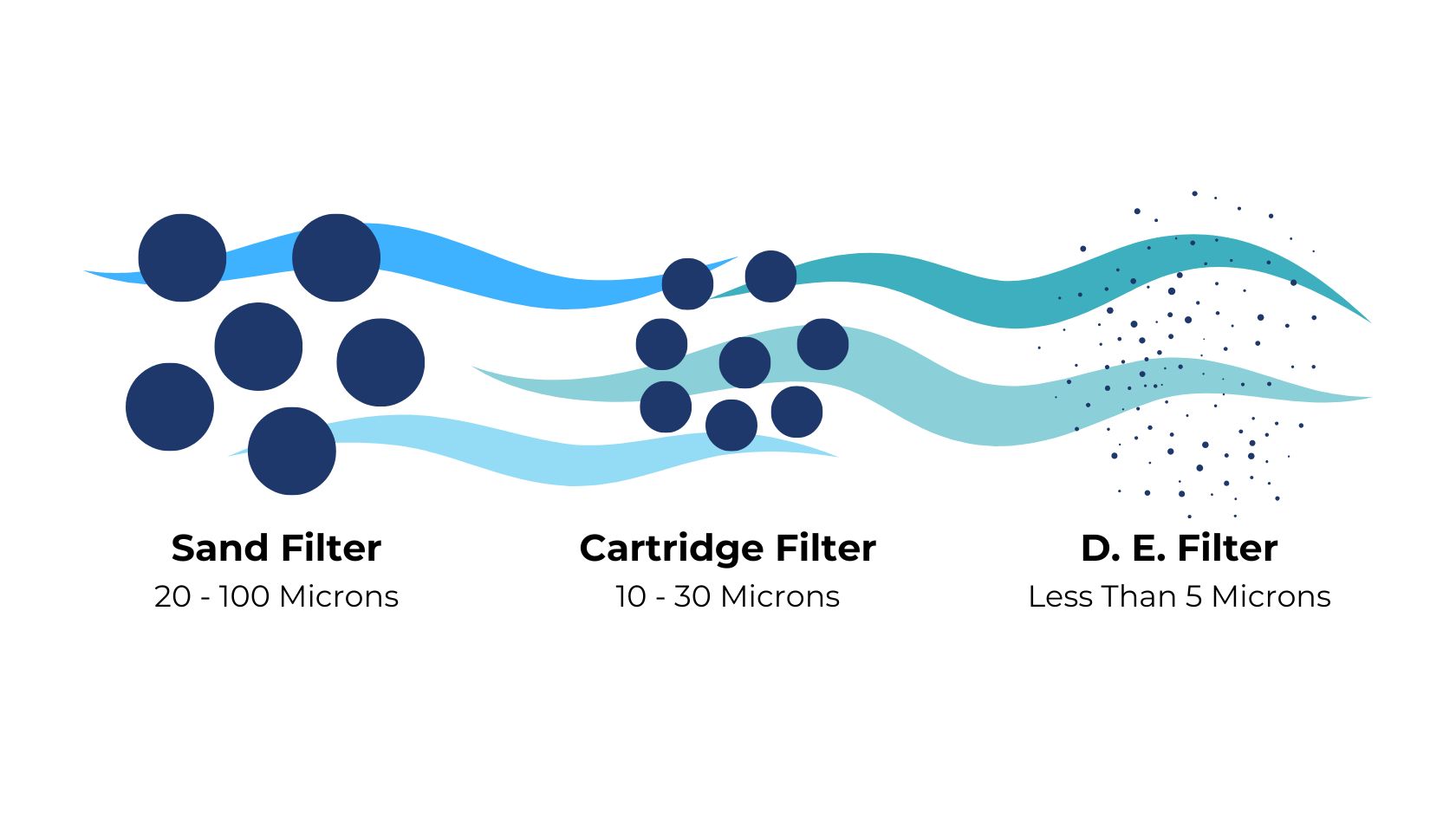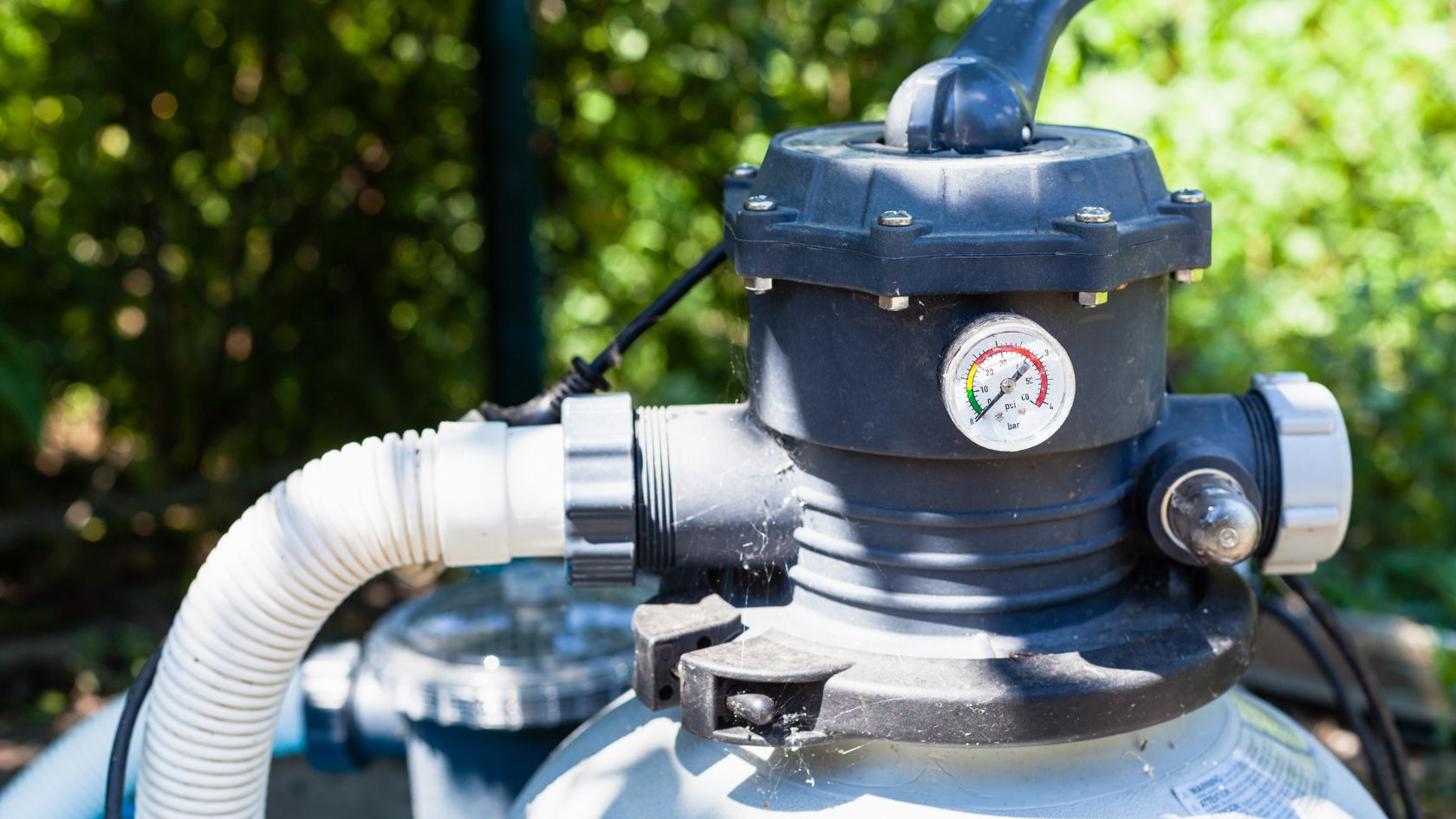Welcome to the world of pool chemistry! If you're a pool owner or just someone who's curious about how to keep your swimming space sparkling, you've come to the right place. Today, we’re diving into the essential elements of pool filtration. A pool's filter helps to remove impurities, particles and keep water clean and clear.

The Importance of Filtration
Filtration is crucial. A pool filter cleans the water, ensuring it is safe and enjoyable for swimmers. When your filter is functioning correctly, it helps maintain the chemical balance of the water, protects your pool surfaces, and keeps swimmers healthy.
Key Terms to Know
- PSI (Pounds per Square Inch): This indicates the pressure inside your filter. A clean filter will have lower PSI, while a clogged one will show higher pressure.
- Filter Media: This refers to the material inside the filter that does the actual filtering. Common types include sand, cartridge, and diatomaceous earth (DE).
- Backwashing: This process involves reversing the flow of water in the filter to clean it out.
Understanding Filter Types
Let’s break down the different types of filters:
1. Sand Filters
These filters use a specific type of sand to trap particles. They are popular and effective for many pool types.
2. Cartridge Filters
These use a paper-like material to filter water. They are easy to maintain but need to be replaced periodically.
3. Diatomaceous Earth (DE) Filters
DE filters are excellent for fine filtration, removing particles as small as 2-4 microns. However, they require more maintenance and more extensive cleaning.

How to Maintain Your Filter
Keeping your filter clean is vital for optimal performance. Here are some tips:
- Mark your clean PSI on the gauge. This way, you’ll know when it’s time to clean your filter — typically when the pressure rises about 10 PSI above your clean mark.
- Don’t over-clean your filter. Wait until the pressure builds to at least 10psi above the normal clean running pressure. A dirty filter can actually work better, as it traps smaller particles as it clogs.
- Use a backwash or a physical cleaning method depending on your filter type. For sand and DE filters, backwashing is essential, while cartridge filters require you to remove them from the filter system and spray them down with garden hose water.
Pumps: The Heart of Your Pool System
While filters are essential, your pump is the heart of the pool system. It circulates water through the filter and back into the pool, ensuring everything remains clean and balanced.

Key Considerations for Pumps
- Right-sizing: Ensure your pump is appropriately sized for your pool. A bigger pump doesn’t always mean better performance.
- Flow Rate: Understand your pool's turnover rate. This affects how quickly your water is filtered.
- Run Time: It’s recommended to run your pump as much as possible to keep the water clear and clean.
Common Filtration Issues
Even with perfect chemistry, water can still look cloudy or dirty. If you’re troubleshooting, consider these factors:
- If the color is off, it’s likely a chemistry problem.
- If clarity is an issue, it points to filtration problems.
Wrapping Up: Understanding Filtration Improves Pool Water Quality
To keep your pool sparkling clean, focus on both your chemistry and filtration systems. Remember, they work hand in hand to ensure water quality and swimmer safety. By understanding how your filtration system works and maintaining it properly, you can enjoy a beautiful, healthy pool all season long!
If you have any questions or want to learn more about specific pool topics, connect with us.
